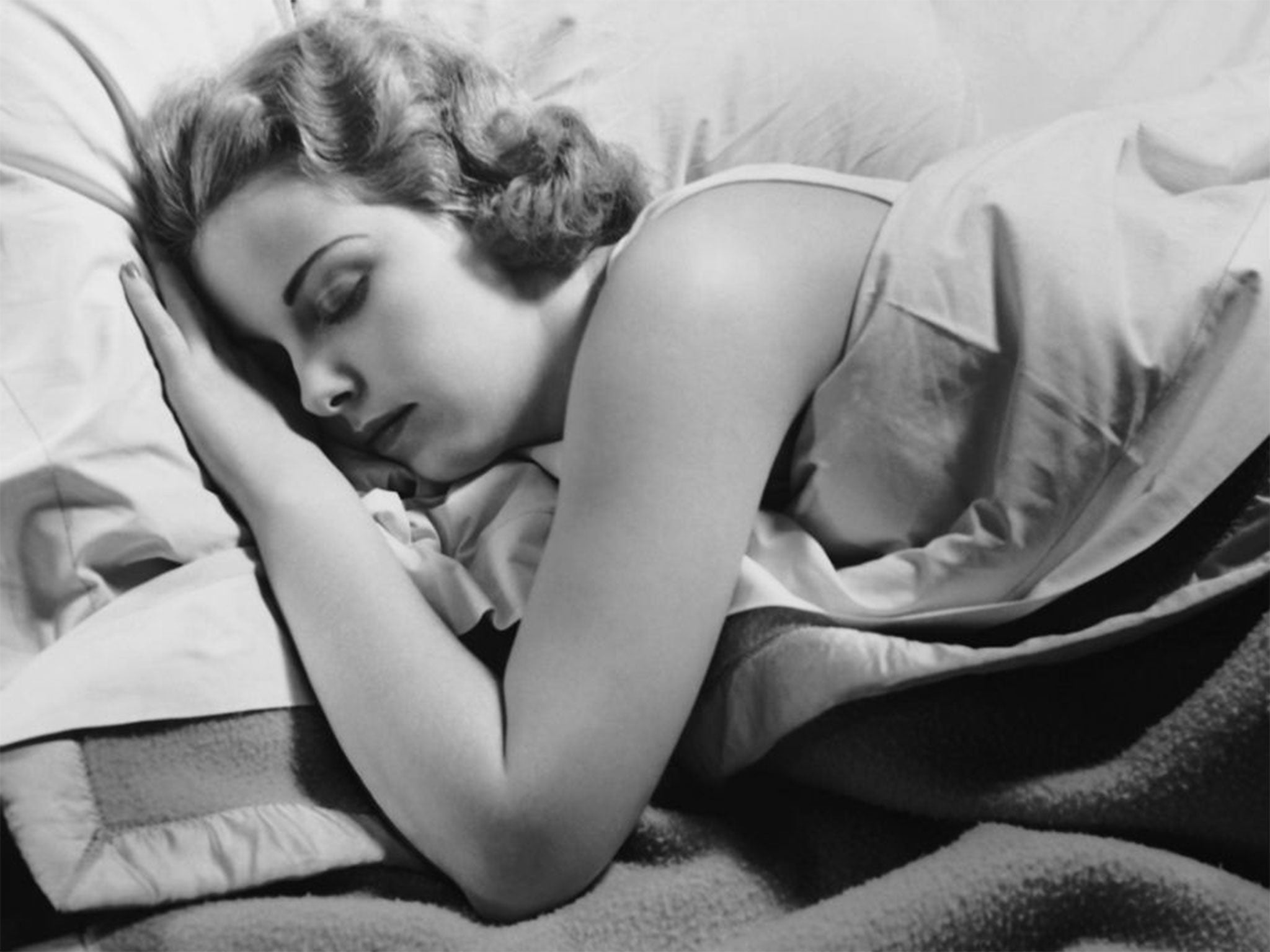How to get a good night's sleep: Don't spend a night in hospital
The only way to sleep on the ward was to listen to the snooker


Your support helps us to tell the story
From reproductive rights to climate change to Big Tech, The Independent is on the ground when the story is developing. Whether it's investigating the financials of Elon Musk's pro-Trump PAC or producing our latest documentary, 'The A Word', which shines a light on the American women fighting for reproductive rights, we know how important it is to parse out the facts from the messaging.
At such a critical moment in US history, we need reporters on the ground. Your donation allows us to keep sending journalists to speak to both sides of the story.
The Independent is trusted by Americans across the entire political spectrum. And unlike many other quality news outlets, we choose not to lock Americans out of our reporting and analysis with paywalls. We believe quality journalism should be available to everyone, paid for by those who can afford it.
Your support makes all the difference.Ah yes. The power nap. There was much excitement this week about a study which purportedly showed that two of these lasting 30 minutes each could reduce the stress caused by a sleepless night.
Au contraire, said NHS Choices, pointing out that the French research on which the reports were based only looked at 11 healthy young men. And it only showed that the levels of one stress hormone might be reduced.
It went on to urge readers to “improve the quality and duration of your night time sleep”. That induced a wry smile in me.
Let me explain. I have a friend who is currently in an NHS hospital recovering from an operation. Every morning a few of us check in via Facebook. And without fail he complains about yet another disturbed night.
This morning he was past the point of being annoyed. Probably because he was, well, knackered. “I think you just have to accept you’re going to get limited sleep in such places,” he sighed.
I can sympathise with that. I had a three month spell in two hospitals after a rather serious accident. I barely slept in the first when I was on a ward although in the second they had me in a private room. There aren’t many advantages to swabbing positive for the MRSA superbug but that’s one.
It was never dark enough, there were always people moving around and unexpected noises, amplified by the night, were commonplace. There’s also always a bit of a kerfuffle when a bed bound patient has to answer the call of nature at 3am. But that’s one thing that can’t be helped.
In the end I learned to fall into a doze with headphones on and the BBC’s News 24 endlessly cycling through the same few stories. Until, that is, the snooker came on and I could drift off to the clunk clack of ball hitting ball during the late night highlights programme.
Unfortunately, when I finally did succeed in dozing, the nurses would inevitably wake me a couple of hours later to do their observations and tick their various charts. Just as I’d dozed off again, breakfast would arrive. And so on.
Now we know that lack of sleep is linked to heart disease, obesity, even cancer. That’s why NHS Choices urges people to improve their sleep hygiene and get a good night’s rest.
If that’s the case imagine the impact on people recovering from serious illness or operations of being turned into sleep deprived wrecks within a few days.
I’m aware that the NHS faces some serious challenges. So do its staff. But perhaps those challenges might actually be eased a little if its managers gave some thought to ways of improving its patients’ rest? Could schedules be tweaked, for example? Is there something that could be done with lighting? There are always sleeping pills, but they are a poor substitute for natural sleep.
Rested patients, at least as rested as it’s possible to be, might spend less time inside and they’d surely be easier and more pleasant for the staff to deal with.
My best suggestion? Sell cheap headphones and offer free repeats of the snooker highlights. Probably not very practical. We must be able to come up with something better.
In the meantime you can read NHS Choices response to the study here:
Sleep well.
Join our commenting forum
Join thought-provoking conversations, follow other Independent readers and see their replies
Comments